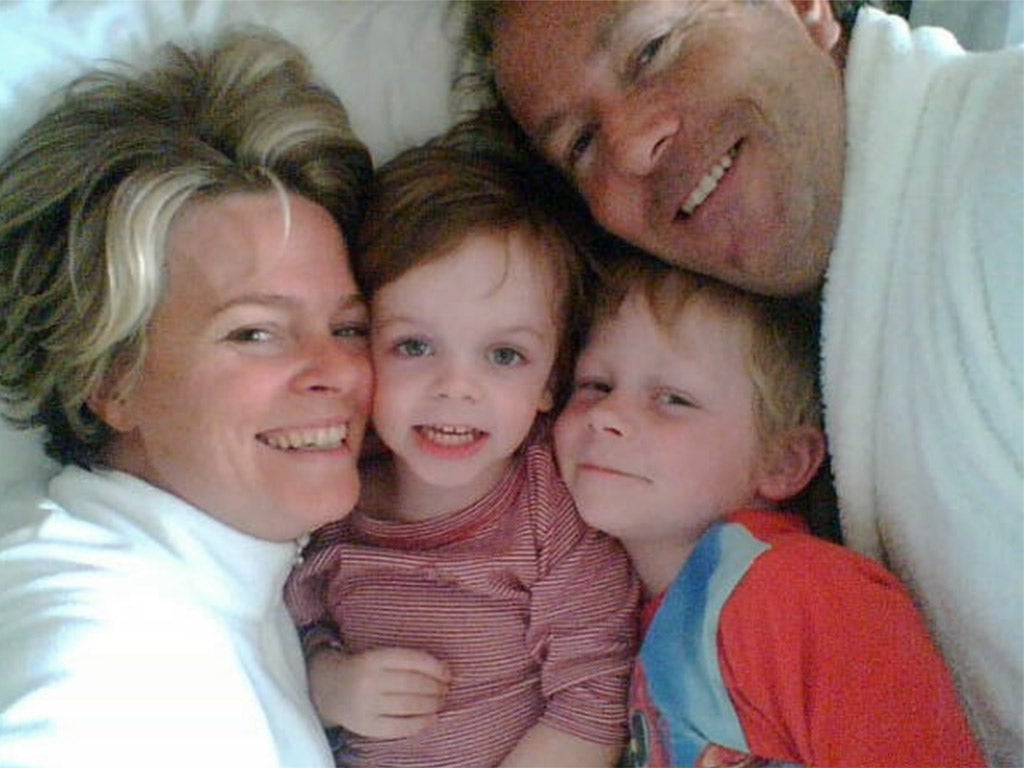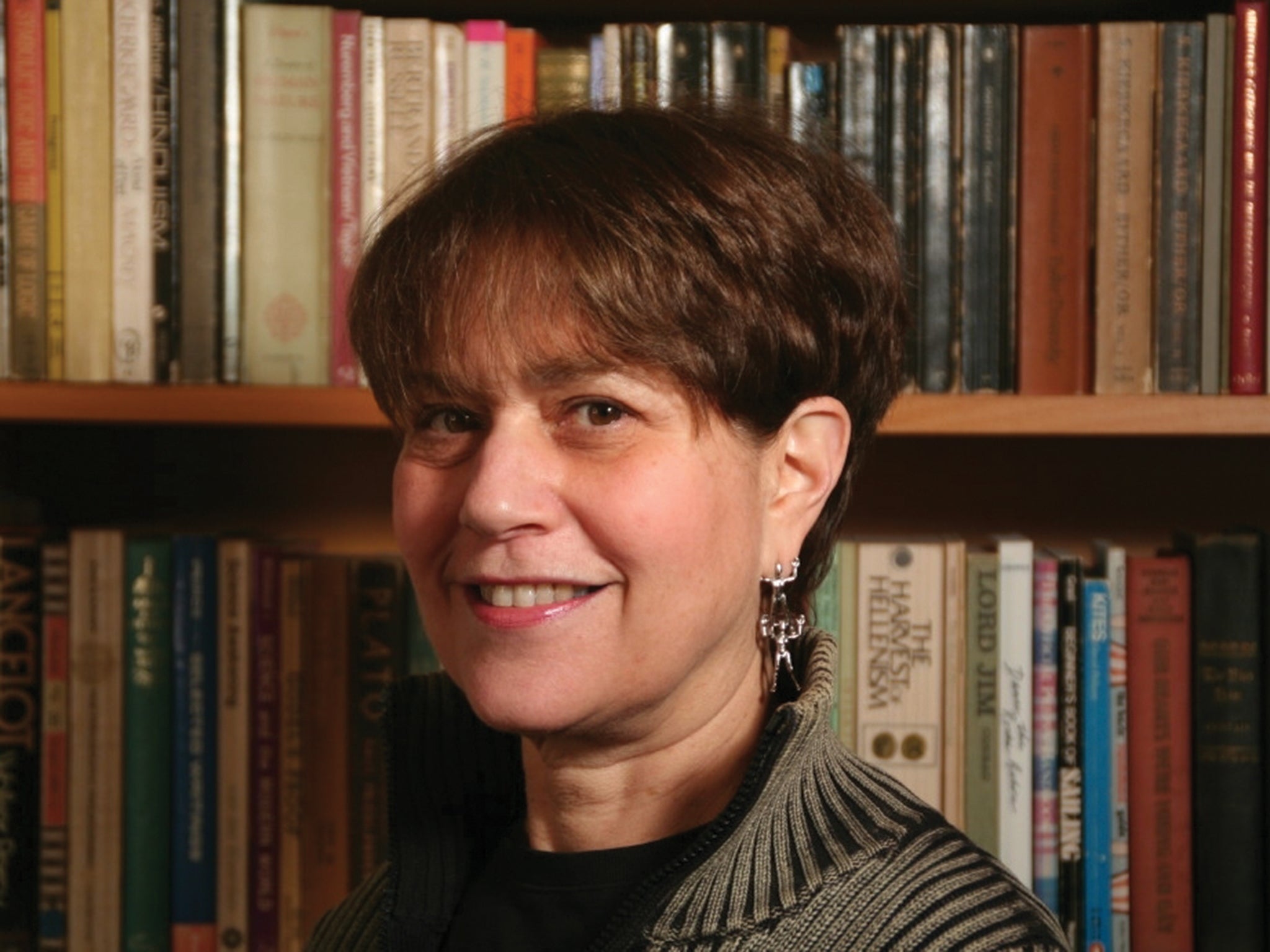How a unique centre at Great Ormond Street Hospital is revolutionising palliative care for children
'It is heartbreaking when you stop and think about what you spend your day doing – but these things are going to happen'

Your support helps us to tell the story
From reproductive rights to climate change to Big Tech, The Independent is on the ground when the story is developing. Whether it's investigating the financials of Elon Musk's pro-Trump PAC or producing our latest documentary, 'The A Word', which shines a light on the American women fighting for reproductive rights, we know how important it is to parse out the facts from the messaging.
At such a critical moment in US history, we need reporters on the ground. Your donation allows us to keep sending journalists to speak to both sides of the story.
The Independent is trusted by Americans across the entire political spectrum. And unlike many other quality news outlets, we choose not to lock Americans out of our reporting and analysis with paywalls. We believe quality journalism should be available to everyone, paid for by those who can afford it.
Your support makes all the difference.For too many families, the term palliative care can sound like the end of the road for their sick child, but a unique centre at Great Ormond Street Hospital (GOSH) is bringing together doctors and academics to revolutionise care for seriously ill children.
Paediatric palliative care is a relatively new field of medicine and researchers have historically shied away from publicly discussing the harrowing subject of end-of-life care for young children, but specialists at the Louis Dundas Centre for Children’s Palliative Care (LDC) are forging a “unique” collaboration between doctors and researchers to care for children with life-limiting and life-threatening conditions.
“Paediatric palliative care is a relatively new field where practice has outstripped research,” said Professor Myra Bluebond-Langner, lead professor and researcher at the centre. “What we have here is a critical mass of clinical practice and research.” This combination allows the centre to provide world-class treatment to seriously ill children at GOSH, while also researching the future of palliative care. The LDC was established in 2009 after Ruth Kennedy and Bruce Dundas had to watch their four-year-old son Louis die in unbearable pain after he was diagnosed with a brain tumour.
The centre, which is funded by grants and charitable donations, aims to “revolutionise” paediatric palliative care and is particularly focused on the illness experience, pain management and the difficult decisions around withdrawing treatment. Palliative care has historically been underfunded and that’s why supporting the LDC is a key plank of The Independent’s Give to GOSH Christmas appeal.

Professor Bluebond-Langner said: “Illness becomes a constant companion in the lives of these children and families. Our work is to make a tangible difference and reduce their suffering. More funding will allow us to better understand the illness experience so we can relieve some of the suffering that comes from the decisions families have to make,” said added.
Despite advances in care for young children many patients at GOSH still suffer terrible pain and the Give to GOSH appeal will help to support research into combating the symptoms of painful childhood cancers. Professor Bluebond-Langner said: “If we don’t address the pain and symptoms the children and their families face we will have failed them and ourselves.”
Paediatrician Finella Craig, a consultant in paediatric palliative medicine at GOSH who works alongside Professor Bluebond-Langner, admitted there was still a taboo around the death of children but called on doctors to move beyond just treating disease, and to treat the pain symptoms of disease too. She said: “It is heartbreaking when you stop and think about what you spend your day doing. But these really sad things are going to happen.”
Parents and even some doctors still tend to think of palliative care as solely within the domain of terminal care, but families are not just referred to the LDC when death becomes inevitable, but when they are living with uncertainty. Staff are keen to stress that palliative care is not just for children who are going to die. In the past, patients have been discharged from the LDC after their conditions improved, and doctors and nurses do not refer to children as terminally ill.
Professor Bluebond-Langner said: “Now with advancements in care and treatment many of the children will live until adulthood. When I started research in the 1970s 90 per cent of children with leukaemia would die. Now 80 per cent survive. With cystic fibrosis, increasing numbers of children are now living into adulthood.’
Professor Bluebond-Langner added: “The aim of the centre is not just to help children at GOSH, not even just in Britain but in the wider world.”
Join our commenting forum
Join thought-provoking conversations, follow other Independent readers and see their replies
Comments